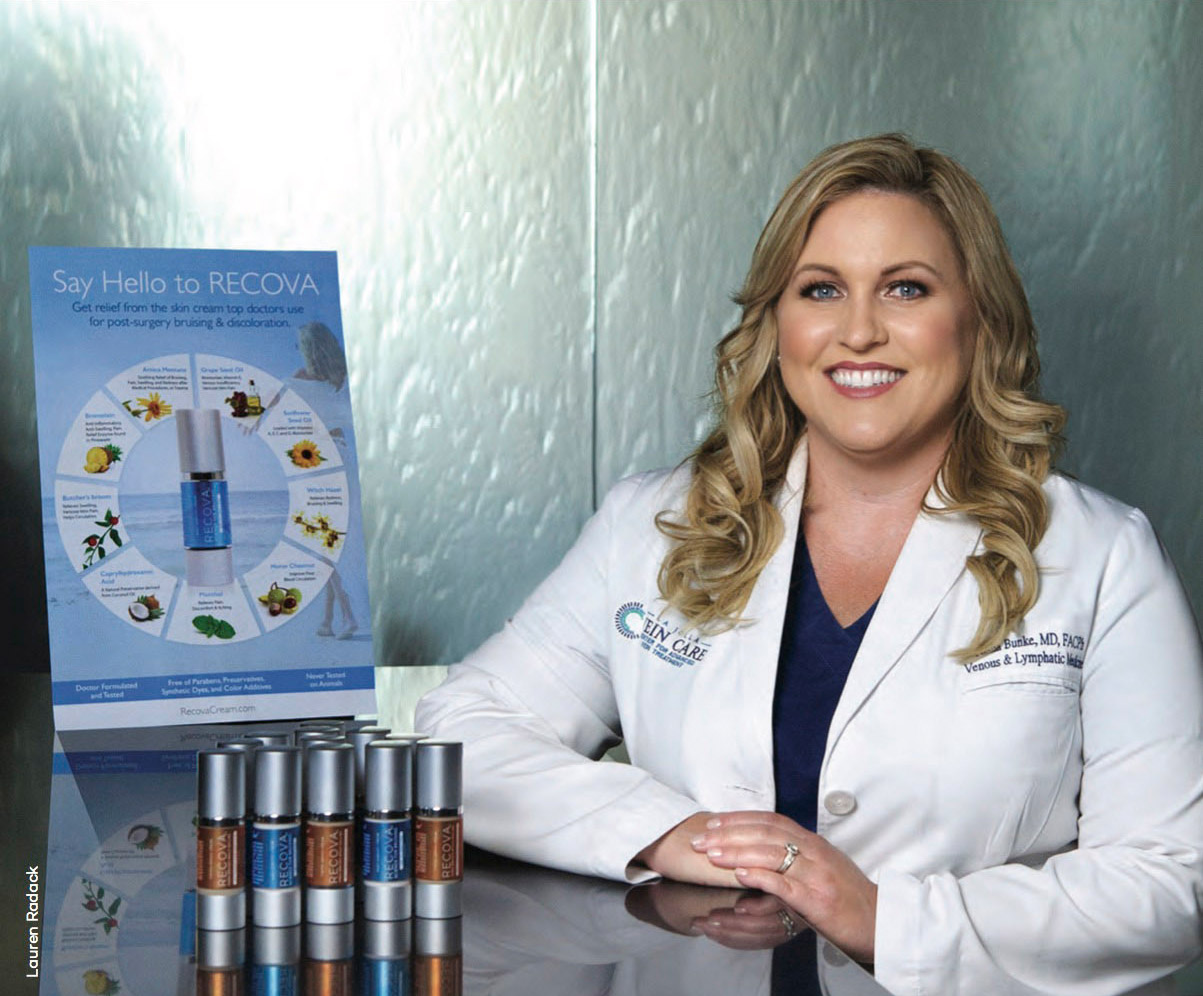Dr. Bunke in Authority MagazineNisha Bunke2022-01-04T04:04:50-08:00

CONTACT INFORMATION
La Jolla/UTC
9850 Genesee Ave, Suite 410, La Jolla, CA 92037
Vista
906 Sycamore Ave, Suite 100, Vista, CA 92081
Use the search features below to find articles and insights for the diagnosis and treatment of vascular disease
TWO CONVENIENT LOCATIONS THROUGHOUT SAN DIEGO
La Jolla/ UTC
North County San Diego/ Vista
Now Open! Call/Text for Appointments
CONTACT INFORMATION
La Jolla/UTC
9850 Genesee Ave, Suite 410, La Jolla, CA 92037
Vista
906 Sycamore Ave, Suite 100, Vista, CA 92081
Use the search features below to find articles and insights for the diagnosis and treatment of vascular disease



